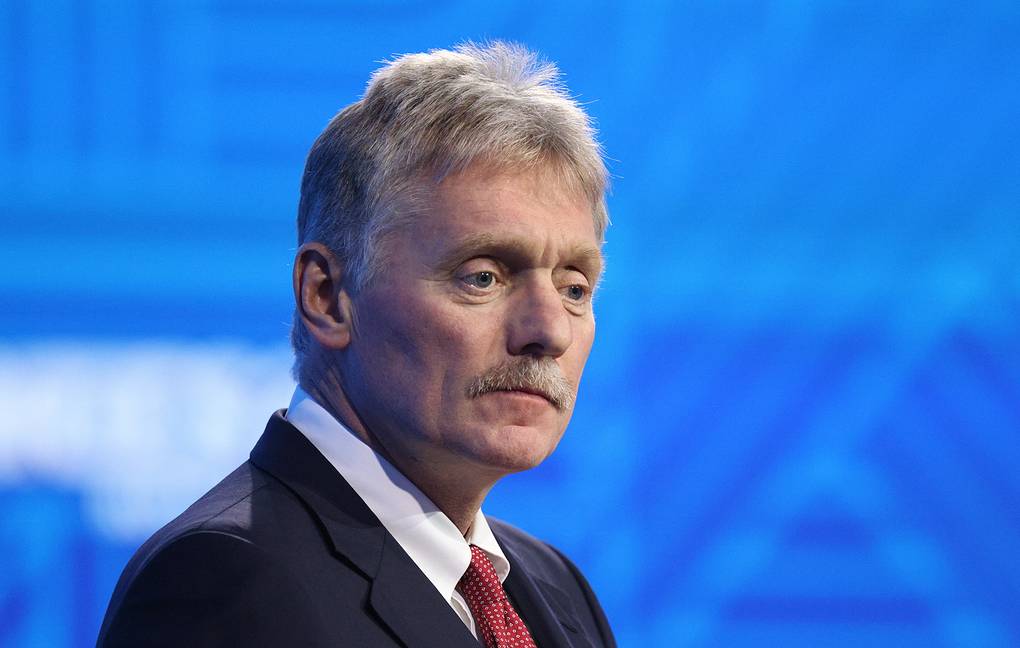“A huge number of forces from European countries, various European institutions attempted to influence the outcome of the voting,” Dmitry Peskov noted

News Desk
MOSCOW: Kremlin Spokesman Dmitry Peskov addressed concerns regarding Russia’s involvement in Georgia’s internal affairs during a press briefing, following the parliamentary elections held in Georgia on Saturday. His comments came in the wake of Georgian President Salome Zourabichvili’s assertion that the election results indicated Georgia had become a target of a “Russian special operation,” a claim she used to justify calls for public protests.
Peskov firmly rejected any notion of Russian interference, stating, “We do not interfere in internal Georgian affairs and have no intention to.” He pointed out that numerous forces from European countries and various European institutions openly attempted to influence the election’s outcome. This assertion suggests a perception within the Kremlin that external factors, particularly from Europe, played a more significant role in shaping Georgia’s electoral landscape than Russia’s influence.
The elections saw the ruling party, Georgian Dream, secure 54.08 percent of the vote, allowing it to independently form the government. Despite this decisive victory, the election was met with controversy. Four opposition parties managed to cross the 5 percent threshold needed to enter parliament but subsequently rejected the election results, indicating dissatisfaction and skepticism regarding the legitimacy of the process. This rejection from opposition groups has set the stage for potential political unrest in Georgia, particularly as President Zourabichvili has called for demonstrations against what she perceives as external manipulation of the electoral outcome.
The situation in Georgia underscores the ongoing tensions in the region, especially concerning Russia’s historical ties and its geopolitical maneuvering. As Georgia continues to navigate its political landscape, the Kremlin’s stance and the reactions from both the Georgian government and opposition will be critical in determining the country’s immediate political future and its relations with neighboring powers. Peskov’s comments reflect a broader narrative within Russia that aims to deflect accusations of interference while highlighting perceived Western influences in the domestic affairs of post-Soviet states.



